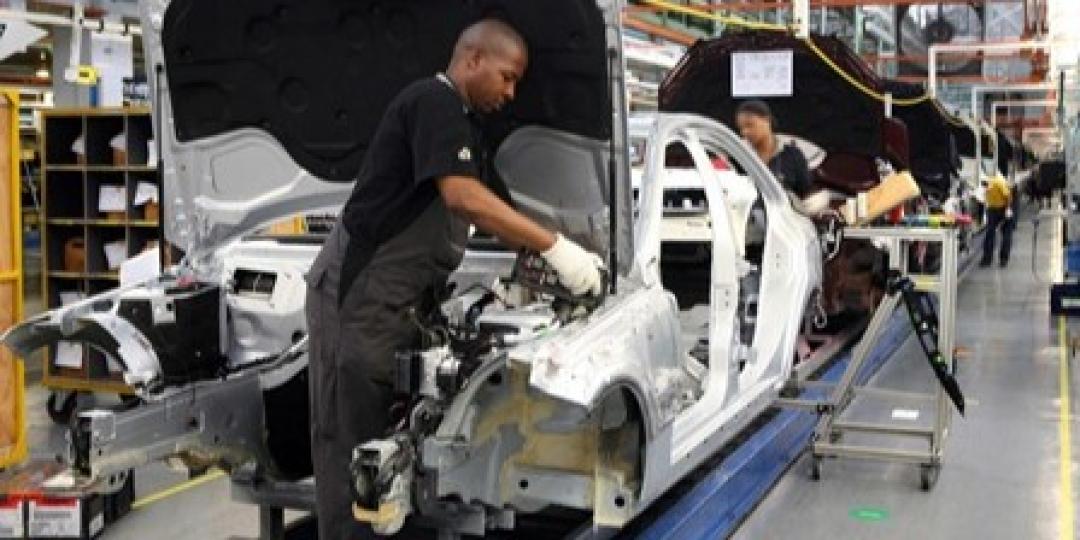“Prolonged port challenges” and “deteriorating macroeconomic conditions” are among the reasons that Mercedes-Benz South Africa is reducing its operations from three shifts to two.
The company announced it was entering a consultation process in accordance with Section 189 (3) of the Labour Relations Act. Reducing the number of shifts would affect approximately 700 jobs.
“Overall consumer sentiment has suffered as a result of fluctuations in the exchange rate, subdued household income, rising fuel prices as well as increased energy and logistics costs,” the company says in a statement on the JSE Sens news service.
“Against these pressures, we have implemented various measures to address and improve the performance of our manufacturing operations, including cost-saving initiatives and efficiency improvements.
“However, despite our best efforts, the current operating environment remains challenging, necessitating further action to ensure the long-term sustainability of our manufacturing operations,” according to the statement.
“The Section 189 consultation process could see a number of employees retrenched through the implementation of early retirement, voluntary severance, and natural attrition measures.”
The East London plant is part of the global production network for the high-volume Mercedes-Benz C-Class model, manufacturing for both domestic and export markets.
The company announced last year that it would spend R100 million on an extension of its existing 2MW (peak) PV solar plant to bump the peak capacity to 14.6 MW (peak) as part of efforts to make the plant net carbon-neutral by 2030.
Business Live reported last year that MBSA and its suppliers contribute about 25% to East London’s economy. The German parent company invested over R13 billion in the factory to build the current C-Class model. More than 90% of the plant’s production is exported to 80 countries worldwide.













